目录
实现 shell 主要思路
代码(Linux)系统
实现 shell 主要思路
1、要知道一个 shell 进程在运行起来都会在命令行呈现什么,如图是Xshell 登录成功后的界面:所以第一步要做的就是打印命令行提示符。


Xshell 命令行提示符的组成是:[用户名@主机名 工作目录]$,那么我们自己 shell 的命令行提示符就可以按照 Xshell 的为模板,用户名,主机名,工作目录这些可以通过环境变量(USER,HOSTNAME,PWD)来获取。
用户在输入的时候,会在命令与选项之间加上空格,所以不能使用 scanf 来输入,所以要使用 fgets或 gets 来获取用户输入。C语言默认打开三个默认输入输出流:stdin(键盘),stdout(显示器),stderror(显示错误信息)
但是在输入的时候,会默认加上一个回车(Enter),这就使得我们输入的字符串后面会有一个‘\n’,所以需要将 '\n' 的位置改为'\0'。
最后返回输入命令字符串的长度,方便后面判断命令字符串是否只有‘\n’。
2、然后就是获取用户在命令行输入的字符串,并且将这一个大字符串分割形成一个个子字符串,将分割形成的这些字符串作为参数,传递给 exec 系列的接口来实现程序替换。
在C语言中使用 strtok 函数,在C++ 中使用 string 的 substr 接口。用C语言 strtok 实现如下:


宏定义的SEP 是字符串分割符,“ ”(空格),具体参考strtok函数,它第一次需要传要分割的字符串,后面传 NULL ,每次返回一个被分割的子串。
将这些被分割的字符存入一个char* 类型的数组,结束当分割结束时,strtok 函数返回 NULL,刚好作为数组的最后一个元素,作为数组的最后一个元素,也方便后期调用 exec 系列的接口。
3、实现进程替换功能
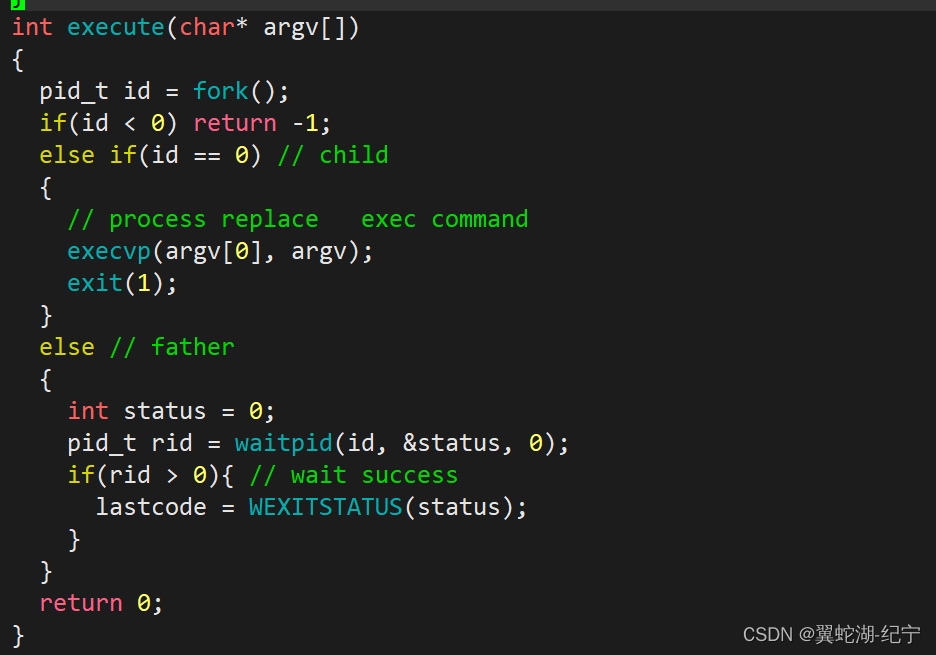
因为之前已经将用户输入的字符串分割成子串放入 srgv 数组中了,所以argv[0] 和 argv 数组恰好匹配 execvp接口的两个参数,父进程用 rid 通过status 输出型参数在 waitpid 接口中获取子进程的退出码。
4、运行内建命令
有些命令在我们设计的 shell 中运行无效,如 cd、export、echo等,因为我们在执行的时候是让myshell 产生的子进程在执行命令,而像 cd、export、echo 这种,只有让父进程 bash 自己执行才有效的,这种命令叫内建命令。
内建命令就是 bash 自己执行的,类似于自己内部的一个函数,所以需要在进行进程替换前先判断用户输入的命令是否是内建命令,穷举出内建命令并以此比较,如果是某一内建命令就直接执行,如果不是内建命令就进行程序替换!

5、将 myshell 程序设置成一个死循环,使其可以一直执行打印命令行提示符、获取用户命令字符串,实现程序替换功能。

这个程序和系统的shell 程序一样,都是“死循环”,只能手动终止!
代码(Linux)系统
#include<stdio.h>
#include<stdlib.h>
#include<string.h>
#include<unistd.h>
#include<sys/wait.h>
#include<sys/types.h>
#define NUM 1024
#define SIZE 64
#define SEP " "
//#define Debug 1
char cwd[NUM];
char enval[NUM];
int lastcode = 0; //exit code
// get environment variable
const char* getUsername()
{
const char* name = getenv("USER");
if(name) return name;
else return "none";
}
const char* getHostname()
{
const char* host = getenv("HOSTNAME");
if(host) return host;
else return "none";
}
const char* getCwd()
{
const char* cwd = getenv("PWD");
if(cwd) return cwd;
else return "none";
}
int getUserCommand(char* command, int num)
{
printf("[%s@%s %s]#", getUsername(), getHostname(), getCwd());
char* r = fgets(command, num, stdin); // still have a '\' in the end when you input
if(r == NULL) return -1;
// remove the '\n'
command[strlen(command) - 1] = '\0'; // input's input at least have a '\n', so dont't will crossed
#ifdef Debug
printf("%s", usercommand); //test
#endif
return strlen(command);
}
void commandSplit(char* in, char* out[])
{
int argc = 0;
out[argc++] = strtok(in, SEP);
while(out[argc++] = strtok(NULL, SEP));
#ifdef Debug
for(int i = 0; out[i]; i++)
{
printf("%d:%s\n", i, out[i]);
}
#endif
}
int execute(char* argv[])
{
pid_t id = fork();
if(id < 0) return -1;
else if(id == 0) // child
{
// process replace exec command
execvp(argv[0], argv);
exit(1);
}
else // father
{
int status = 0;
pid_t rid = waitpid(id, &status, 0);
if(rid > 0){ // wait success
lastcode = WEXITSTATUS(status);
}
}
return 0;
}
void cd(char* path)
{
chdir(path);
char tmp[NUM];
getcwd(tmp, sizeof tmp);
sprintf(cwd, "PWD=%s", tmp);
putenv(cwd);
}
int doBulidin(char* argv[])
{
if(strcmp(argv[0], "cd") == 0)
{
char* path = NULL;
if(argv[1] == NULL) path = ".";
else path = argv[1];
cd(path);
return 1;
}
else if(strcmp(argv[0], "export") == 0)
{
if(argv[1] == NULL) return 1;
strcpy(enval, argv[1]);
putenv(enval);
return 1;
}
else if(strcmp(argv[0], "echo") == 0)
{
char *val = argv[1] + 1; // $PATH $?
if(strcmp(val, "?") == 0) {
printf("%d\n", lastcode);
lastcode = 0;
}
else {
printf("%s\n", val);
}
return 1;
}
return 0;
}
int main()
{
while(1){
char usercommand[NUM]; // store user's input
char* argv[SIZE]; // a table store commands
// getUsercommand and print command_line prompt
int n = getUserCommand(usercommand, sizeof(usercommand));
if(n <= 0) continue; // if only have a '\n'
// split commands and store in array
commandSplit(usercommand, argv);
n = doBulidin(argv); // check or do bulidin_command
if(n) continue;
execute(argv);
}
}
总结:本质上说,自己设计一个 shell 进程,就是进行多次的程序替换。
附:进程替换(函数)接口

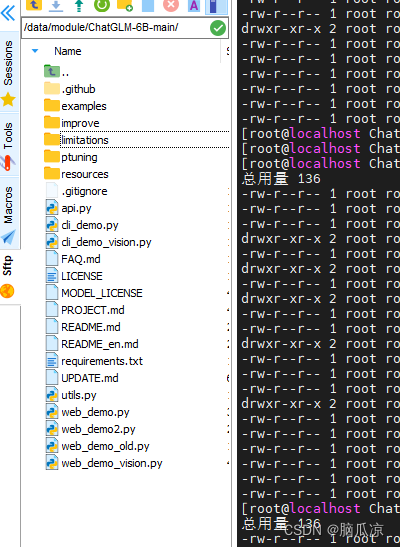


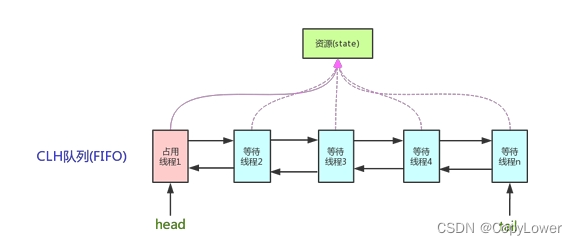


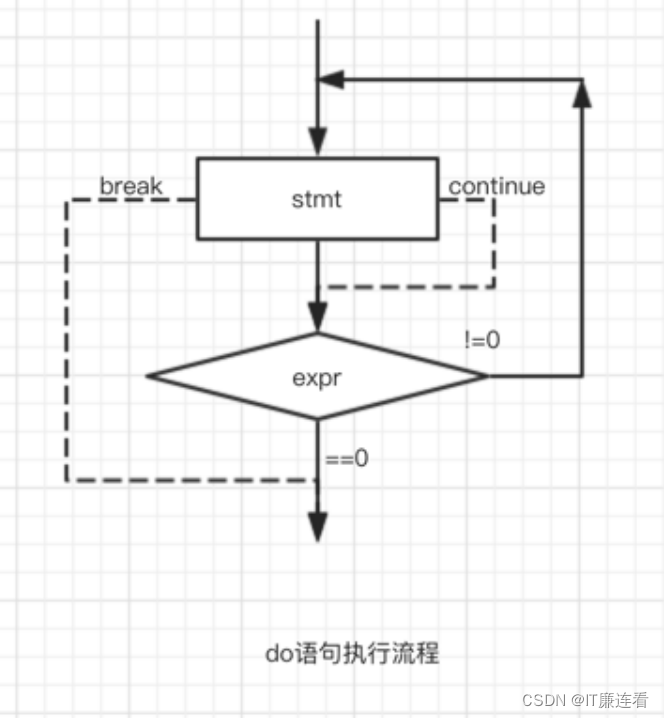





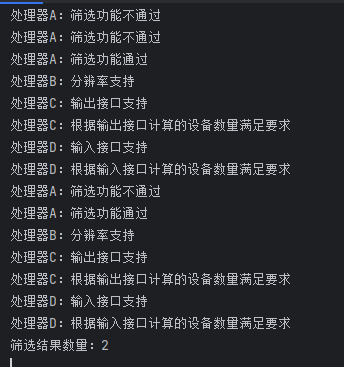
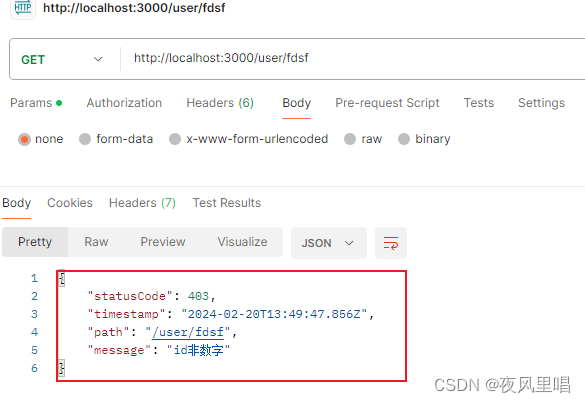




![[面试] 什么是死锁? 如何解决死锁?](https://img-blog.csdnimg.cn/direct/9048c6d089494a31a310e3084430396d.png#pic_center)